By: Mike Petsalis
These are all very basic rules that a savvy person already knows. But if everyone already knows them, why are there so many scammers out there and how are they able to make so much money? Curiosity not only kills cats, it can ruin your computer and credit too! So, these rules bear repeating over and over and over.
5. Order confirmations: If you haven’t ordered anything from the organization that’s claiming to send the confirmation, don’t click anything within the message. Just delete it – immediately!
4. Courier / Postal delivery notices: Same as above: if you haven’t sent anything via a delivery service or are not expecting to receive any packages, just delete the message. If the delivery is legit, the organization will find some other way to contact you.
3. The IRS and Banks: For some, distrusting these organizations goes without saying, However, if the Tax Man or your bank really needs to contact you about a legitimate problem, they would NEVER use email.
And on a related topic, don’t trust any email that claims to be sending you money, or that you’ve won/inherited a large sum, or that a relative somewhere in the world needs an urgent money transfer, and so on. If there’s even a hint that you’d either have to reveal personal information or that money will somehow change hands, don’t touch the message with a 10-foot pole! Just read the latest headlines about an Australian law firm that fell for a phishing scheme and you’ll realize that anyone can be duped.
2. Email in general: Always be wary of the source of the email and its content, especially if you have friends who are constantly getting infected with viruses. Resist the urge to open any attachments that might come from them, and don’t click any links within the message. If you think an attachment might be legit, try communicating with your friend the old fashioned way first: pick up the phone and ask what the contents are before opening.
1. Yourself: Contrary to what every self-help guru will tell you, you cannot trust yourself – not when it comes to email. Do not trust or whitelist your own email address or your domain, and be extremely cautious about whitelisting any other domain. Doing so can open the door to scammers who will use your name in vain.




Whatever you do, don’t ever reply back to a Spammmer, chewing them out. You’ll never get a reply back and you’ve done two things for them: confirmed that your domain name is valid; confirmed that your email address is valid. Prepare to get more SPAM sent your way.
Good advice, Paul. The best course of action is to hit Delete.